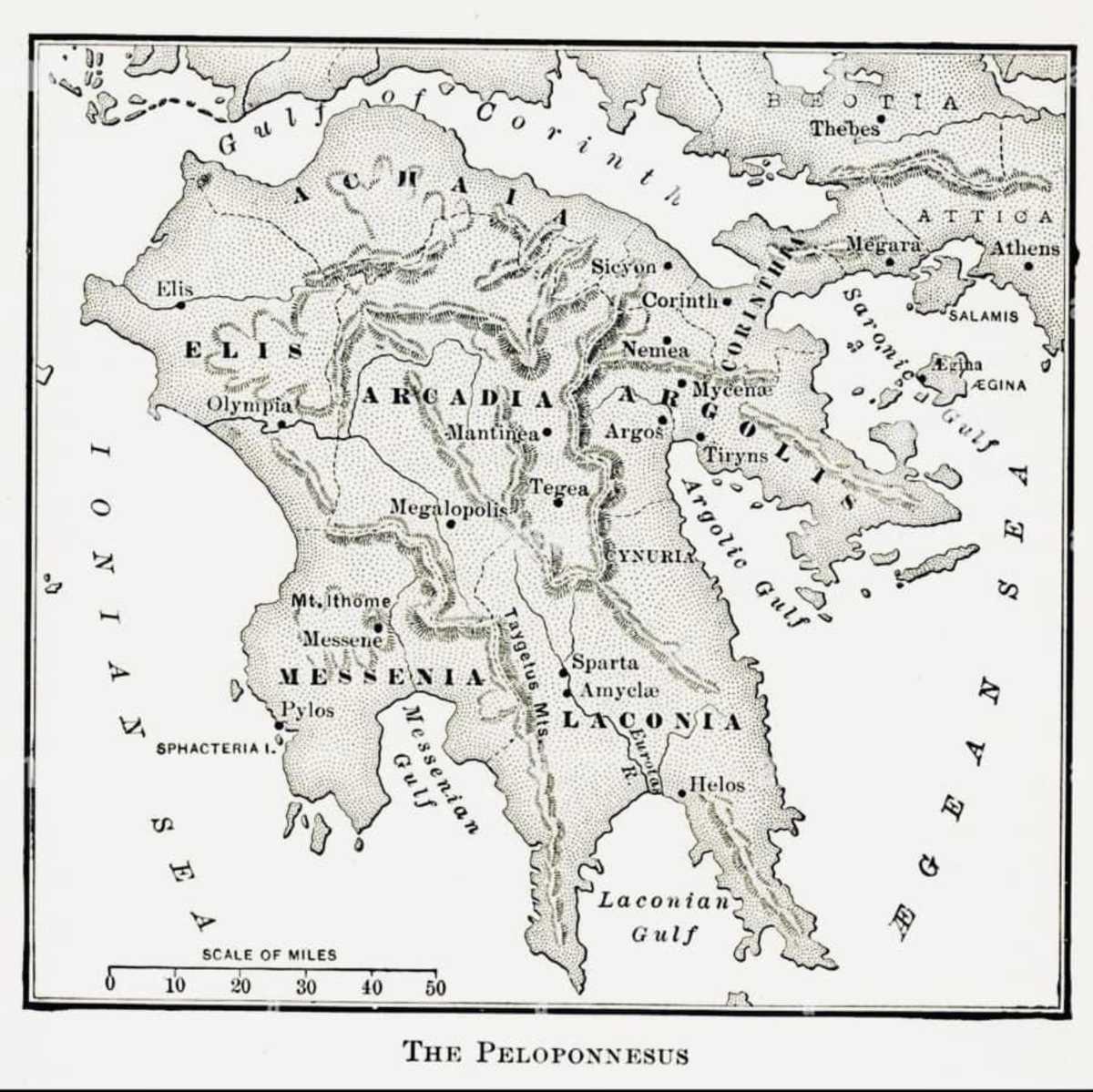For some cozy holiday 🎁 🎄 solving mysteries.
-Chapter 9-
The Treasury of Atreus was constructed at the same time and adjacent to the fortification walls of ancient Mycenae. The enormous tholos structure housed an abundance of great treasures.
It was commissioned by King Tantalus as a gift to his grandson, Atreus, who was to make use of the treasury once he inherited the throne of Mycenae.
In her research Maria discovered that Tantalus’s kingdom, which was the birthplace and home of prince Pelops, was situated at the western edge of the Anatolia plateau in close proximity to the ancient island of Sarpedon.
King Tantalus must have been very grateful for the gorgon’s defeat, leading him to offer Perseus anything he desired.
Maybe Perseus asked for Pelops to come to the Peloponnese to compete and win the chariot and become king of Pisa. Maybe what he desired was for the Peloponnese to be protected from future invaders and to prosper, Maria pondered.
Maria now understood why The Treasury of Atreus was constructed at the same time and beside the fortification of the Mycenae citadel. The citadel was intended to be governed at a later time by Pelops’s firstborn son from the outset.
This would also explain why Perseus departed Tiryns so swiftly to establish the citadel of ancient Mycenae in conjunction with the treasury. A prosperous citadel that he and his family could live in but not own.
Just like Midea, Perseus must have fortified other citadels in nearby towns for his children to inherit once they became of age and married.
None of King Perseus’s sons were ever known to become kings of Mycenae.
Maybe it was a tradition for Anatolian kings to support their first-born grandson’s kingdoms, Maria contemplated. Perhaps this is how Pelops acquired his wealth, not from a father with whom he had a falling out, but from an extremely wealthy grandfather.
She recalled how Perseus discovered the danger of Oenomaus’s chariot races through Polydectes’ deception.
How else would Pelops have known about the chariot races? For Pelops lived so far away from the Peloponnese and was said to have been much younger than Hippodamia. Probably closer to Perseus’s age.
With control of the two powerful kingdoms of Argos and Pisa, and with Pelops’s great wealth and careful planning, the Peloponnese was sure to flourish.
In fact, during his lifetime, Pelops funded all sorts of infrastructure and numerous temples across the whole peninsula.
As a result, it had appeared as though Pelops owned the entire peninsula. This was what led to the peninsula to be named after him. For Peloponnese translated to “Pelops’s Island.”
This all made perfect sense. It was as though all the pieces of the puzzle had finally come together to form a clear picture of the situation.
Excerpt from second book of the Peloponnese Series: “Artemis Child- a Rain of Stars”
